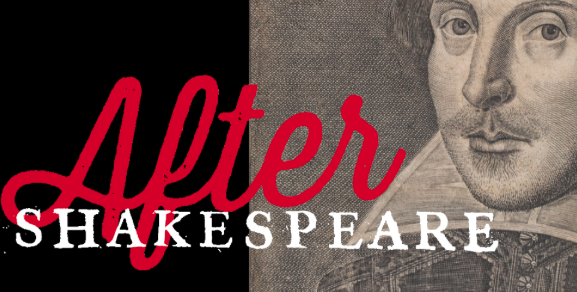Shakespeare: the gift that keeps giving

To coincide with the 400th anniversary of Shakespeare’s death on 23 April , the University of Melbourne has been honouring the Bard with an extensive program of lectures, exhibitions, performances and screenings.
The University Library exhibition After Shakespeare brings together early folios of Shakespeare’s works (1632, 1685), 19th-century playbills and costume sketches from State Library Victoria and a unique prompt book for a slated goldrush-era performance of Antony and Cleopatra in Melbourne.
Drawing on items from the University’s extensive cultural collections, including the Rare Book Collection, the Baillieu Library Print Collection and University of Melbourne Archives After Shakespeare is evidence of the enduring importance for audiences of the English language’s most influential writer.
The exhibition has been presented by the exhibitions team from Research and Collections at the University Library, with expert advice from David McInnis, Gerry Higgins Lecturer in Shakespeare Studies in the University’s English and Theatre Studies Program.
Dr McInnis said the impact and influence of Shakespeare’s work is global and far-reaching in the way it has changed literature and language.
“The 400th anniversary of Shakespeare’s death allows us to pause and reflect on the endurance of his legacy and the way contemporary life still finds affinity with the stories, language and insights of the Bard,” Dr McInnis said.
“Shakespeare’s plays were amongst the precious few books brought to Australia by Captain Cook on his ship, The Endeavour,” he said.
“His plays were performed consistently in Australia throughout the 19th and 20th centuries and have a strong role in shaping Australian literary history.”
The exhibition reflects Shakespeare’s huge body of work alongside objects that provide ready prompts for stories.
The exhibition features unpublished works from the Germaine Greer collection at University of Melbourne Archives. Dr Greer completed her thesis on issues of gender, love and marriage in Shakespeare’s works.
It also includes a rare script prepared for the Barry Humphries show on BBC TV Edna takes us to Stratford on Avon, which open new avenues for discussion.
Also on display are costumes and objects from the Melbourne Theatre Company and programs from the Melbourne University Shakespeare Company and Union House Repertory Theatre.
After Shakespeare offers a rare glimpse of important Shakespeariana from Melbourne and Australia.